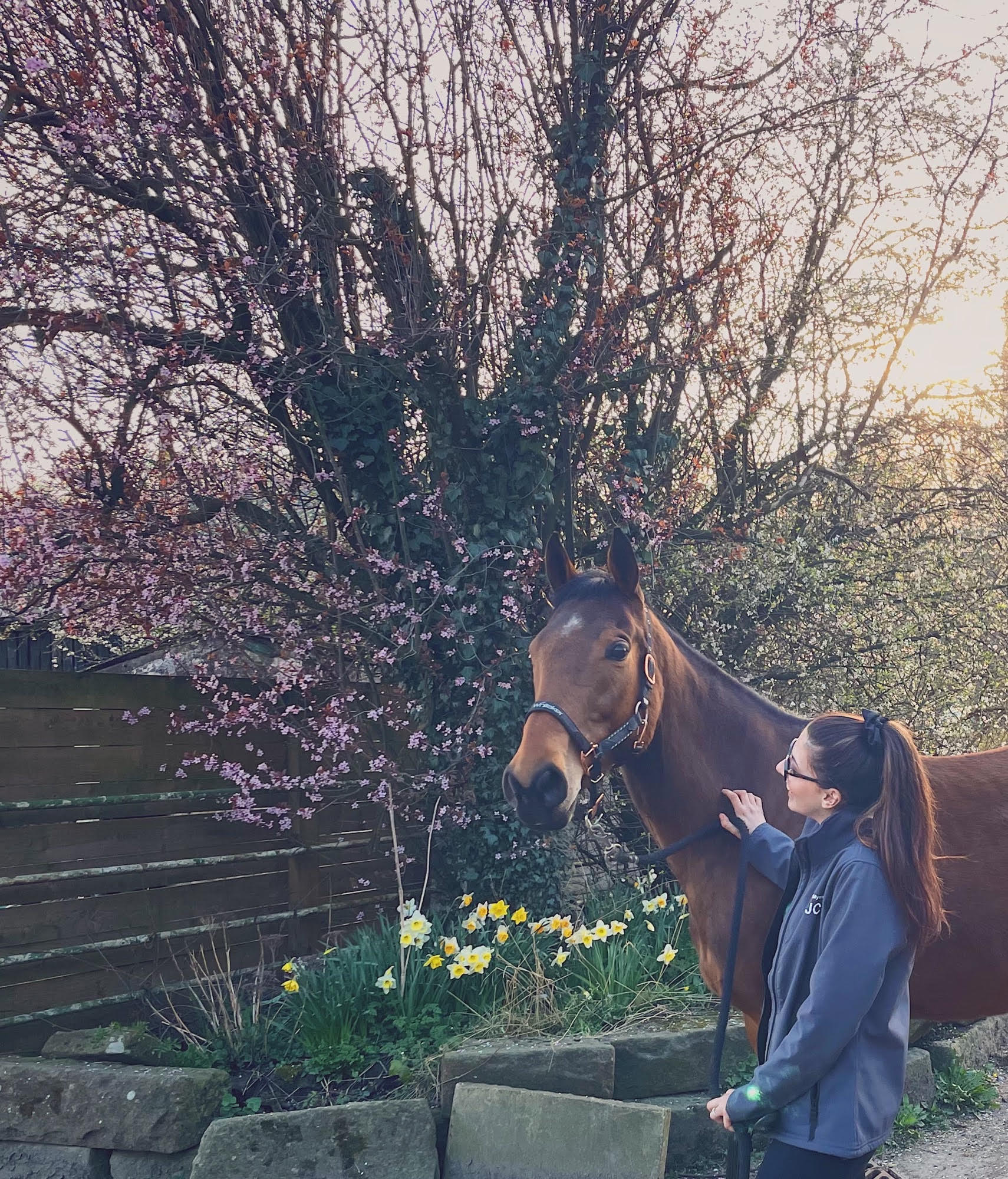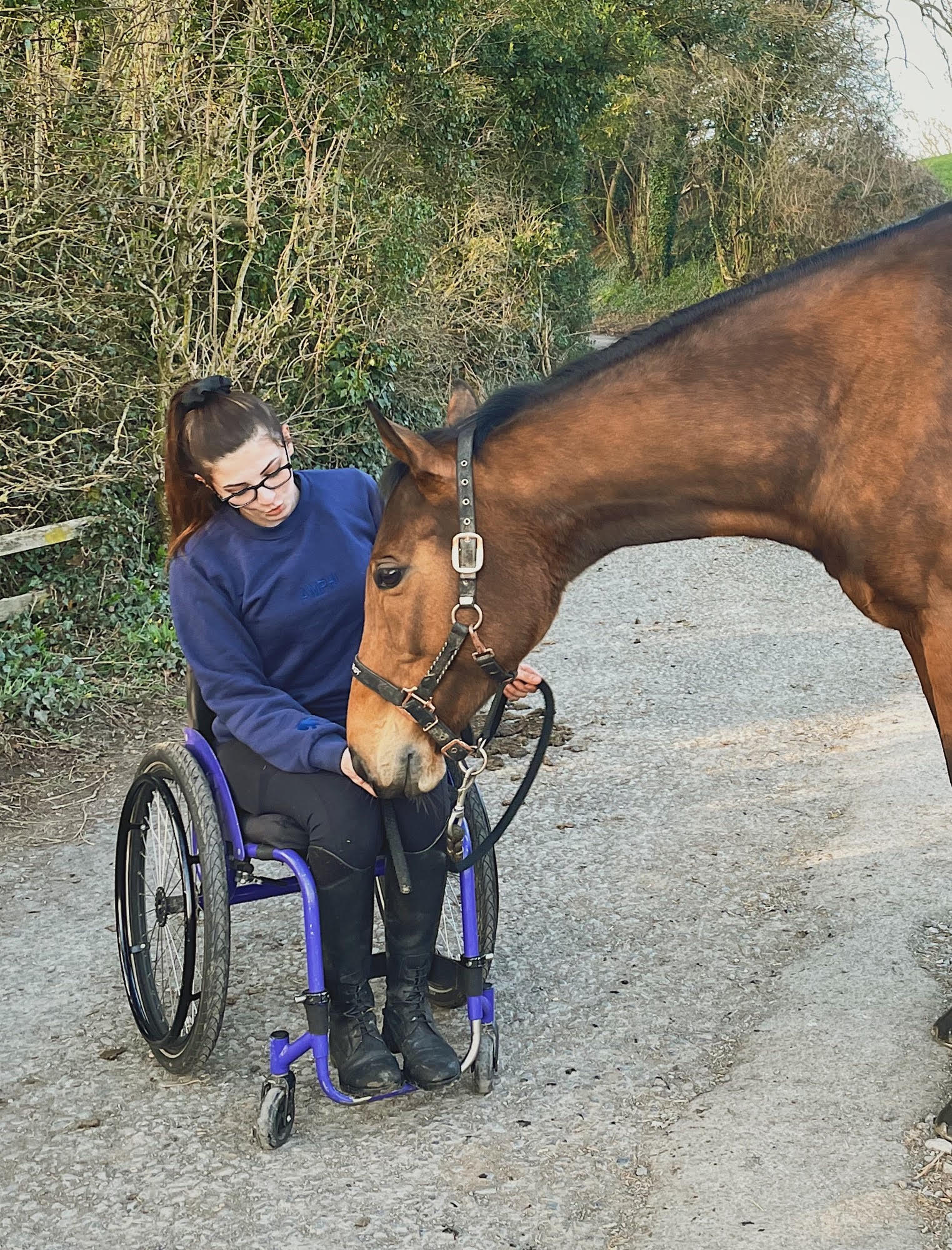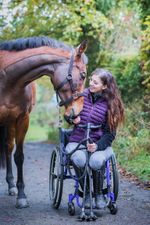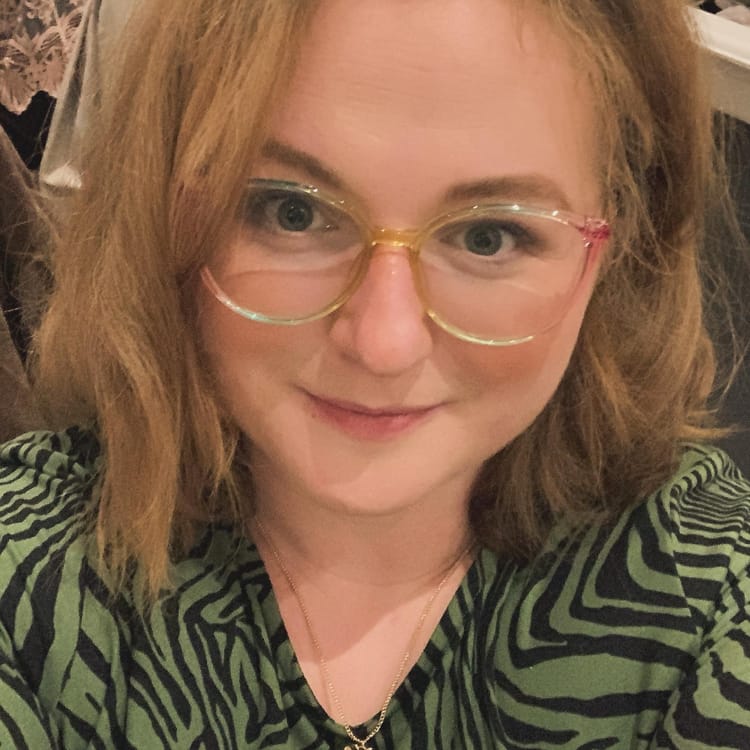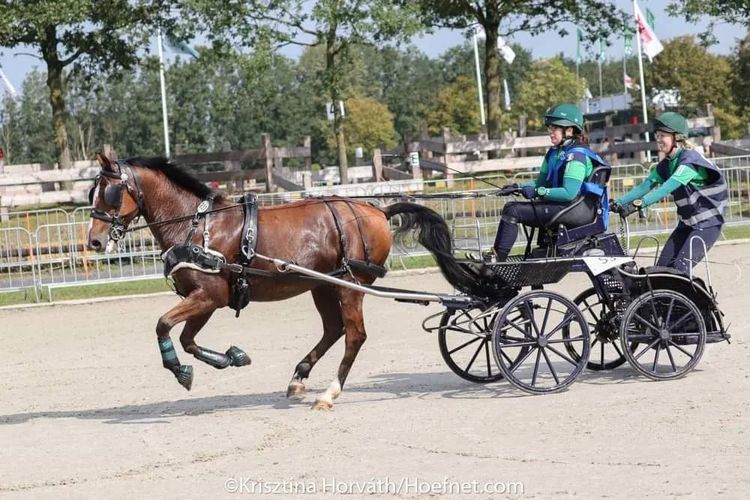How disability can be the change that the equine workforce needs
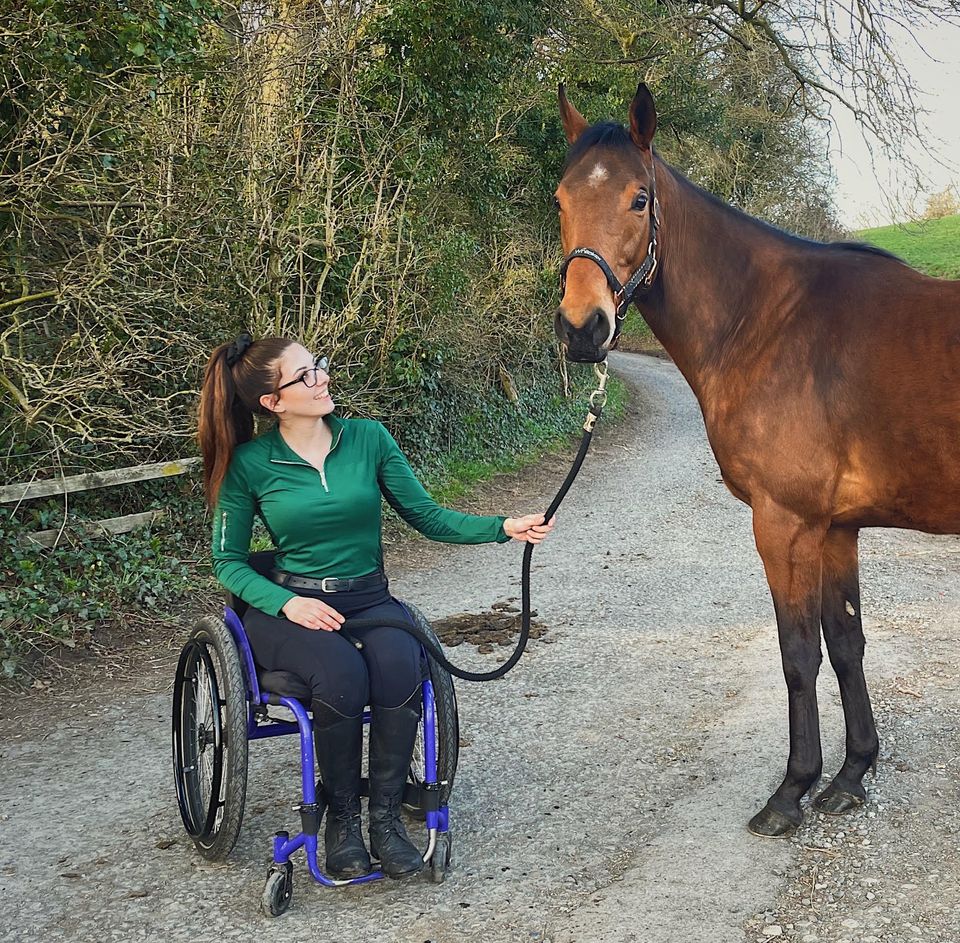
As a disabled, working-class woman, I’ve spent a lot of my time trying to figure out what my place is within the equine community. I’m not afraid to be the person that ruffles a few feathers and shouts from the rooftops in order to get stuff done. However, when fighting for disability inclusion within the equine industry, it often feels as though you are constantly screaming for what’s right, yet no one can hear you properly.
There are around 14.1 million disabled people in the UK, however only 4.4 million of those are in employment (Scope, 2020). There isn’t even a figure or study done on how many disabled people work within the equine industry. Imagine being a disabled person trying to build a career in an industry where, quite simply, you don’t exist? Where would you even start?
Disabled people in the equine world are only ever thought of as either Paralympians, or riding as part of therapy. But what about those of us that want to work in the industry? There are disabled people who aren’t superheroes; ordinary people who want to have a job, but who don’t have that accessibility yet to the same opportunities as everyone else. Society has made huge milestones over the years to improve inclusion for minority groups, but disability has been left behind. Disability is still a taboo subject as whole, never mind being acknowledged within the equine community.
In the horsey world, we are very quick to write people off and dismiss them from first appearances. If you ever ask for help, you’re seen as having a lack of knowledge or experience. In doing this, we’re not only demeaning someone’s ability, but we’re also losing out on so much potential talent. It actually takes a great deal of courage to not only ask for help, but also to receive it too, and knowing your own limitations can be one of your greatest strengths.
1 in 3 people from the general public view disabled people as being less productive than able-bodied people (Scope, 2022), resulting in disabled people being twice as unlikely to experience unemployment than able-bodied people. These perspectives contribute to the build of systemic barriers that prevent disabled people from accessing the same opportunities as able-bodied people and reaching their full potential.
Disabled people can provide so much to the industry that able-bodied people might not be able to do quite so as easily. Disabled people are brilliant problem-solvers and often think outside the box instantaneously, as they have to find solutions and adapt to a world that’s not built for them on a daily basis. How useful that would be when treating a horse with an unusual injury or dealing with a client that’s struggling to progress their riding! There are many medical conditions and disabilities that can be used to an individual’s advantage, for example I personally have hypersensitivity, which means I can literally feel when a horse is about to spook at something (half a second, sometimes more) before it actually does it. That’s long enough for me to prepare myself and act accordingly so I very rarely get caught off-guard by something whilst out hacking. A lot of disabled people are also extremely observant and more in tune with their senses, which could prove extremely beneficial when training horses and monitoring body language.
Disability is not a one-size-fits-all; there are thousands of different disabilities and chronic illnesses, so it is impossible to presume we are all the same or we all have the same capabilities. Having a difference that sets you apart should be something to be embraced – standing out from the crowd, having individuality and fresh ideas is a good thing and needs to be nurtured in order to progress equestrianism. Education is key to changing our perceptions of inclusion and equality; disability deserves to have a place in the equine industry. As a human race, we always respond better to positivity than criticism. I believe that if we focus more on what businesses, brands and educational sectors are doing right for disabled people and give advice on how they can expand on that, we will accomplish better inclusivity all-round.
I guess the takeaway message here is, we need to get better within the equine industry at letting people try, regardless of whether they have a disability or not. Let’s allow people to give it a good go and provide them with as much support in it as possible. Who Knows what could happen next?! An active change needs to happen within our community, and disabled people need allies in order for that to happen. I for one am super excited to see that change slowly happening and am privileged to be able to use my voice in order to be part of that.
